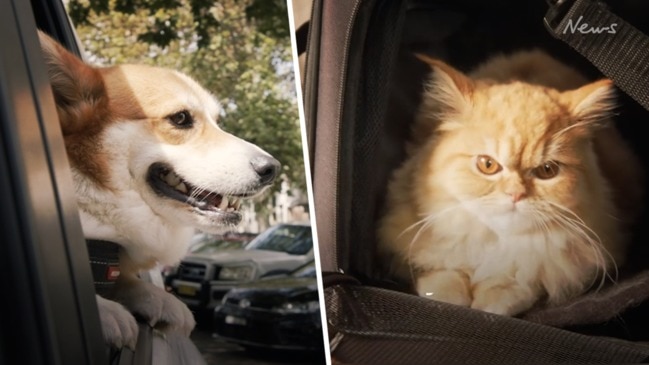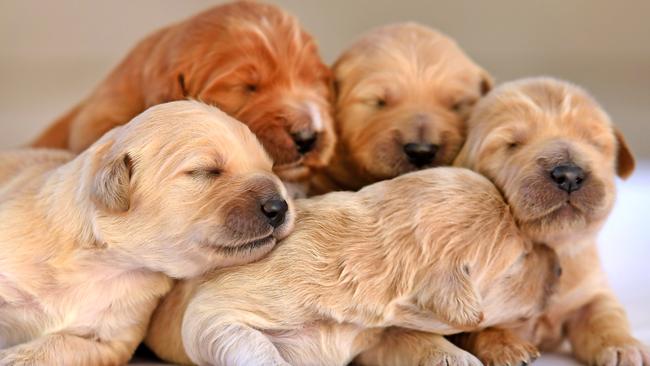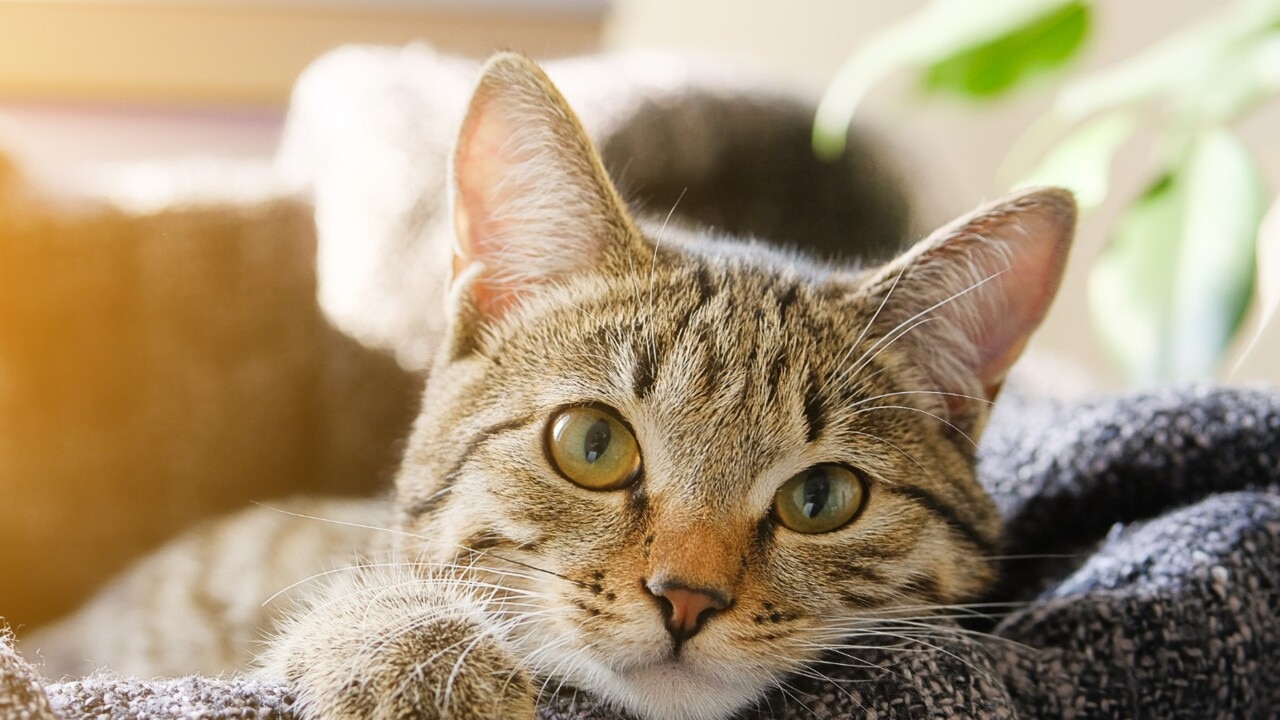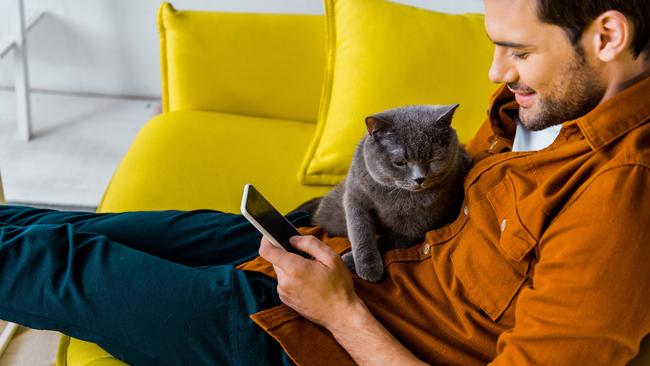Pets can cost owners $6000 in the first year alone
We all know having a pet isn’t cheap – but many don’t account costs can run into thousands into the first year alone. Here’s how to save some money so you can afford the fur baby of your dreams.

Pets and Wildlife
Don't miss out on the headlines from Pets and Wildlife. Followed categories will be added to My News.
THERE’S nothing better than the idea of having a four-legged pal around your home, but have you considered the price your new roomie will cost you?
With almost two-thirds of Australian households with pets, and many wanting more, it’s important to check how much this may set you back – especially since they don’t pay rent!
Within the first year of having a dog or cat, it will cost you up to a hefty $6,000, Animal Medicines Australia (AMA) reports.
Petsitter a prime suspect in hunt for stolen Gold Coast dog
Rose Bay pensioner wins fight to keep pet pooch after strata law change
Tablelands dog shot: Beloved family dog surgery a success
Australian Securities and Investments Commission (ASIC) Senior Executive Leader Laura Higgins said to think beyond the first year and look into what you’ll need to pay across your pet’s lifetime.
“It’s important to think about what you need to pay for across a pet’s lifetime, as well as the initial purchase cost,” Ms Higgins said.
“After your first year together, expect to pay at least $1,627 each year for a dog and $962 each year for a cat”.

Like having a child, there are ongoing costs to having a fur-baby, which can empty your wallet quickly if you aren’t a “responsible pet owner”.
“Being a responsible pet owner includes consideration of the costs of keeping an animal … food, veterinary services and healthcare, products or accessories, pet insurance, clipping or grooming, boarding, and training,” AMA Executive Director Ben Stapley told the Sunday-Mail.
“… Vaccinations, microchipping, council registrations, medications,” Ms Higgins added.
The breed of your animal also influences their price tag.
“If a pet owner is seeking a particular, specific breed which is in high demand this will have an impact on the price of an animal,” Mr Stapley said.
“Different breeds can have different temperaments and needs,” Ms Higgins said.
“A larger dog will eat more, and some breeds are more prone to health problems.”

Where you live is something else you need to consider, as your living space and lifestyle becomes theirs.
“If you live in a small apartment or work long hours, a breed that gets anxious or needs lots of exercise might not be happy,” Ms Higgins said.
“If your pet doesn’t match your living space or lifestyle it might cause damage to your place or cost you more in dog-sitting”.
“Ensuring they have an appropriate environment, appropriate diet and that their health is protected and maintained,” Mr Stapley added.
You could also think about getting a pet which has fewer ongoing costs, making them more suitable if you’re on a tight budget.
“For example, fish don’t come with the same grooming costs as dog,” Mr Stapley said.
“You can also save some money by learning how to groom your pet yourself, making your own toys and keeping them physically healthy,” Ms Higgins said.

Discounted desexing fees are also available, from websites like operationwanted.com.au, where you can find local vets offering a 20 per cent discount.
However, don’t let a tight budget stop you from appreciating a new fury friend, as there’s another option.
“If you get a pet from a shelter it will be cheaper than getting one from a breeder or pet shop,” Ms Higgins said.
“Breeders tend to only sell ones which are profitable for them to breed and with really desirable breeds, you can pay up to $7,000,” RSPCA Queensland Spokesman Michael Beatty said.
“It’s certainly cheaper to adopt than go to a breeder … you can adopt an animal from RSPCA from $180 … they’re desexed, microchipped and we do health checks and behavioural checks with the adult dogs”.
So pet shelters are the perfect place to feel good about the price and about giving your new pet “a second chance”.
“You’re giving the animal a second chance,” Mr Beatty said.

